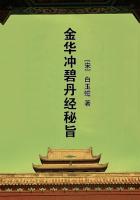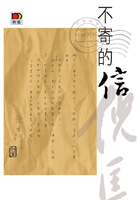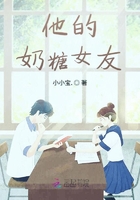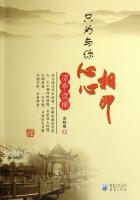When a man's fingers have been amputated, imperfect nails sometimes appear on the stumps: I could as soon believe that these vestiges of nails have appeared, not from unknown laws of growth, but in order to excrete horny matter, as that the rudimentary nails on the fin of the manatee were formed for this purpose.
On my view of descent with modification, the origin of rudimentary organs is ******. We have plenty of cases of rudimentary organs in our domestic productions, as the stump of a tail in tailless breeds, the vestige of an ear in earless breeds, -- the reappearance of minute dangling horns in hornless breeds of cattle, more especially, according to Youatt, in young animals, and the state of the whole flower in the cauliflower. We often see rudiments of various parts in monsters. But I doubt whether any of these cases throw light on the origin of rudimentary organs in a state of nature, further than by showing that rudiments can be produced; for I doubt whether species under nature ever undergo abrupt changes. I believe that disuse has been the main agency; that it has led in successive generations to the gradual reduction of various organs, until they have become rudimentary, as in the case of the eyes of animals inhabiting dark caverns, and of the wings of birds inhabiting oceanic islands, which have seldom been forced to take flight, and have ultimately lost the power of flying. Again, an organ useful under certain conditions, might become injurious under others, as with the wings of beetles living on small and exposed islands; and in this case natural selection would continue slowly to reduce the organ, until it was rendered harmless and rudimentary.
Any change in function, which can be effected by insensibly small steps, is within the power of natural selection; so that an organ rendered, during changed habits of life, useless or injurious for one purpose, might easily be modified and used for another purpose. Or an organ might be retained for one alone of its former functions. An organ, when rendered useless, may well be variable, for its variations cannot be checked by natural selection.
At whatever period of life disuse or selection reduces an organ, and this will generally be when the being has come to maturity and to its full powers of action, the principle of inheritance at corresponding ages will reproduce the organ in its reduced state at the same age, and consequently will seldom affect or reduce it in the embryo. Thus we can understand the greater relative size of rudimentary organs in the embryo, and their lesser relative size in the *****. But if each step of the process of reduction were to be inherited, not at the corresponding age, but at an extremely early period of life (as we have good reason to believe to be possible) the rudimentary part would tend to be wholly lost, and we should have a case of complete abortion.
The principle, also, of economy, explained in a former chapter, by which the materials forming any part or structure, if not useful to the possessor, will be saved as far as is possible, will probably often come into play;and this will tend to cause the entire obliteration of a rudimentary organ.
As the presence of rudimentary organs is thus due to the tendency in every part of the organisation, which has long existed, to be inherited we can understand, on the genealogical view of classification, how it is that systematists have found rudimentary parts as useful as, or even sometimes more useful than, parts of high physiological importance. Rudimentary organs may be compared with the letters in a word, still retained in the spelling, but become useless in the pronunciation, but which serve as a clue in seeking for its derivation. On the view of descent with modification, we may conclude that the existence of organs in a rudimentary, imperfect, and useless condition, or quite aborted, far from presenting a strange difficulty, as they assuredly do on the ordinary doctrine of creation, might even have been anticipated, and can be accounted for by the laws of inheritance. Summary In this chapter I have attempted to show, that the subordination of group to group in all organisms throughout all time; that the nature of the relationship, by which all living and extinct beings are united by complex, radiating, and circuitous lines of affinities into one grand system; the rules followed and the difficulties encountered by naturalists in their classifications;the value set upon characters, if constant and prevalent, whether of high vital importance, or of the most trifling importance, or, as in rudimentary organs, of no importance; the wide opposition in value between analogical or adaptive characters, and characters of true affinity; and other such rules; all naturally follow on the view of the common parentage of those forms which are considered by naturalists as allied, together with their modification through natural selection, with its contingencies of extinction and divergence of character. In considering this view of classification, it should be borne in mind that the element of descent has been universally used in ranking together the ***es, ages, and acknowledged varieties of the same species, however different they may be in structure. If we extend the use of this element of descent, the only certainly known cause of similarity in organic beings, we shall understand what is meant by the natural system:
it is genealogical in its attempted arrangement, with the grades of acquired difference marked by the terms varieties, species, genera, families, orders, and classes.
On this same view of descent with modification, all the great facts in Morphology become intelligible, whether we look to the same pattern displayed in the homologous organs, to whatever purpose applied, of the different species of a class; or to the homologous parts constructed on the same pattern in each individual animal and plant.

